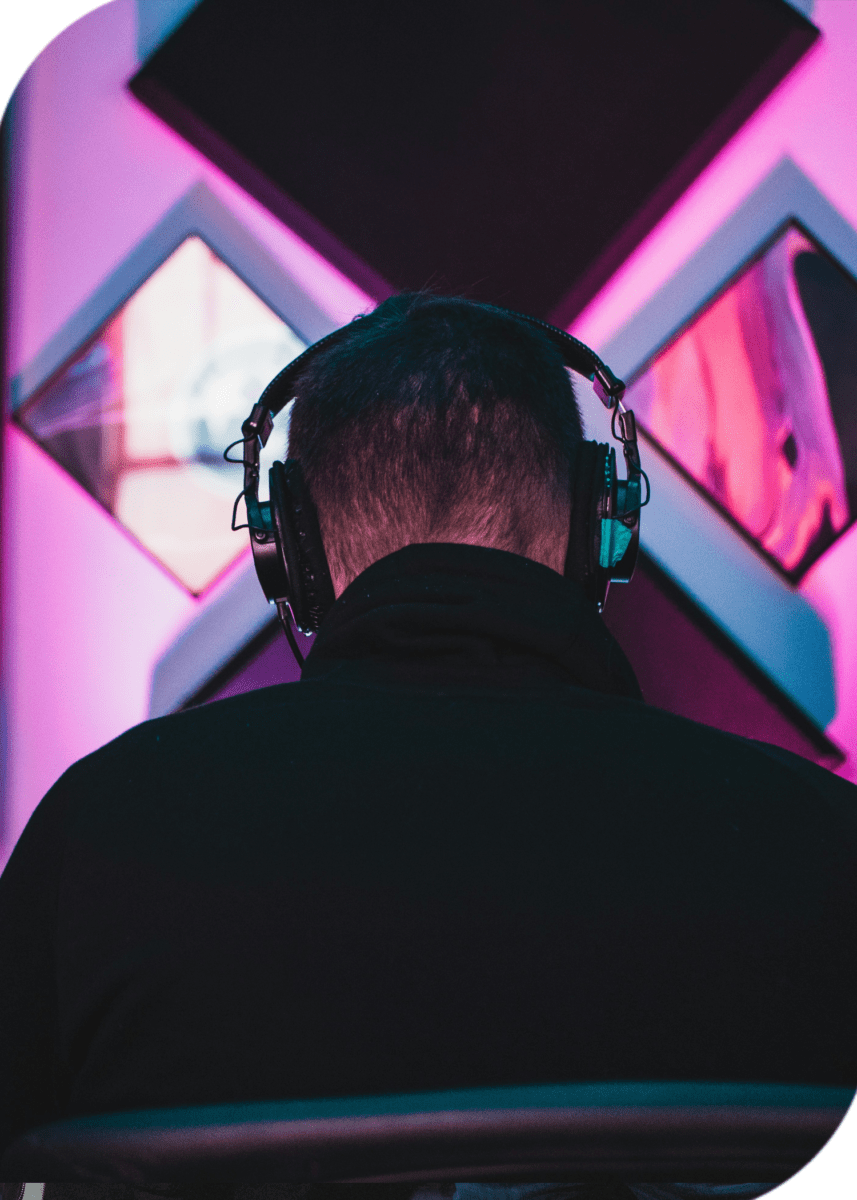
Study Reveals EDM’s Growing Role in Supporting Mental Health
Electronic Dance Music (EDM) has long been associated with high-energy beats, euphoric festivals, and global fan communities. But new research suggests that EDM is more than just entertainment—it plays a crucial role in supporting mental health. A study by Tebra’s The Intake platform, a comprehensive online resource for independent healthcare practices, highlights how EDM is becoming an emotional lifeline for many listeners.
The study analyzed over 68,000 Spotify tracks and surveyed more than 1,000 people to understand how different music genres impact mental well-being. The results indicate that EDM is a go-to genre for many when feeling low, with over 10% of respondents choosing it during times of sadness or depression. This highlights EDM’s unique ability to uplift and energize during challenging emotional periods.
EDM as a Release for Tension and Anxiety
Fans often praise EDM for its therapeutic effects. Whether through the high-energy atmosphere of live DJ sets or more relaxed home listening sessions, EDM serves as a release valve for tension and anxiety. Its repetitive rhythms, intense drops, and euphoric build-ups create an immersive experience that helps listeners focus on the present, offering an escape from daily stresses and negative thoughts.
EDM’s ability to connect physically and emotionally sets it apart from other genres. The pounding basslines and vibrant melodies inspire movement, which is known to reduce stress and elevate mood. Simultaneously, the communal aspect of EDM—seen at festivals, raves, and through online streaming platforms—helps listeners feel a sense of belonging, reducing feelings of isolation.
Mental Health Benefits Backed by Data
The study’s data further supports EDM’s positive impact on mental health. About 43% of EDM fans reported being in good mental health. Additionally, nearly 80% of respondents overall said they’ve used music to navigate tough emotional times. EDM offers both energy and calm, giving listeners space to process their emotions or escape them, depending on what they need.
In recent years, healthcare professionals have increasingly recognized the value of music therapy in treating mental health conditions like depression, anxiety, and stress. According to the study, about one-third of healthcare professionals identified EDM as the most effective genre for improving mental health. They highlighted the genre’s rhythmic qualities, dynamic compositions, and positive lyrical themes as key contributors to its mood-enhancing effects.
Escapism and Community: EDM’s Healing Power
EDM’s influence goes beyond the music itself, creating a global community centered on inclusivity and shared experiences. Festivals and raves foster unity and provide spaces where people can connect, let go of their inhibitions, and experience collective joy. This sense of community is especially valuable for those struggling with emotional isolation, as it offers an escape from life’s pressures and a chance to recharge.
The genre’s welcoming culture is another aspect of its mental health benefits. Electronic music festivals and online communities are safe spaces where fans can express themselves without fear of judgment. For those dealing with mental health challenges, the knowledge that they are part of a broader, supportive community can have a profound impact on their emotional well-being.
The Healthcare Perspective: Why EDM Works
Healthcare professionals highlighted EDM’s unique ability to regulate emotions. Its structured rhythms and repetitive patterns help stabilize mood, while dynamic shifts in the music provide an emotional release. These characteristics make EDM a therapeutic tool for people dealing with stress or anxiety.
Studies suggest that the repetitive beats in EDM can regulate heart rate and reduce stress levels, making it effective in lifting listeners’ spirits quickly. Some healthcare providers even recommend EDM as part of treatment for patients struggling with mental health challenges.
The Future of EDM in Mental Health Conversations
This study adds to the growing recognition of EDM as a therapeutic genre. As discussions around mental health continue to evolve, music genres like EDM are likely to play an even larger role in helping people manage their emotional well-being. With almost half of EDM listeners reporting good mental health, it’s clear that the genre’s ability to heal, energize, and unite its fans goes beyond simple entertainment.
As research continues on the intersection of music and mental health, EDM may become a key focus for professionals seeking alternative methods to improve emotional well-being. With its physical release, emotional connection, and sense of community, EDM is proving to be much more than beats—it’s becoming a vital tool for mental health support.


